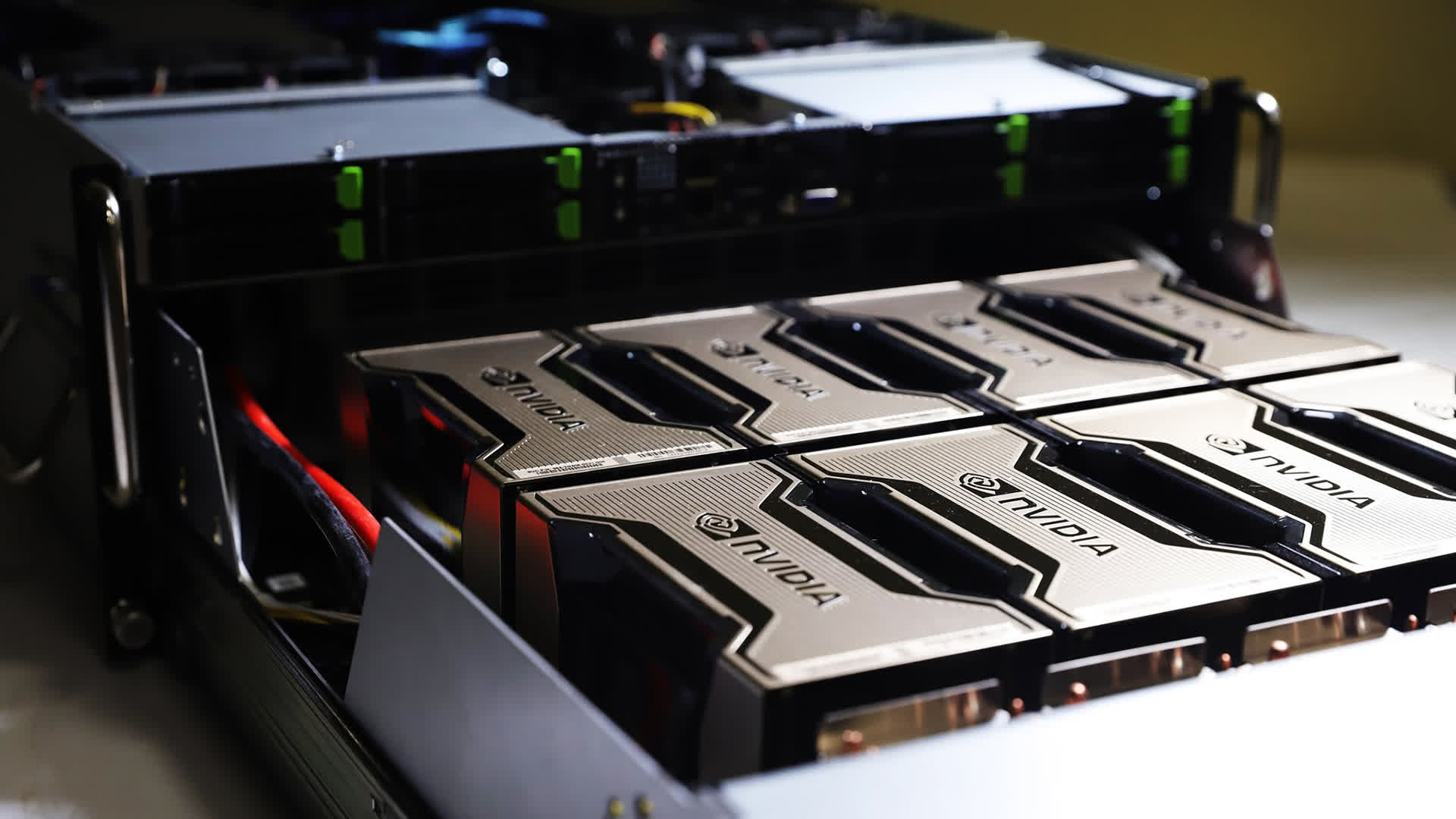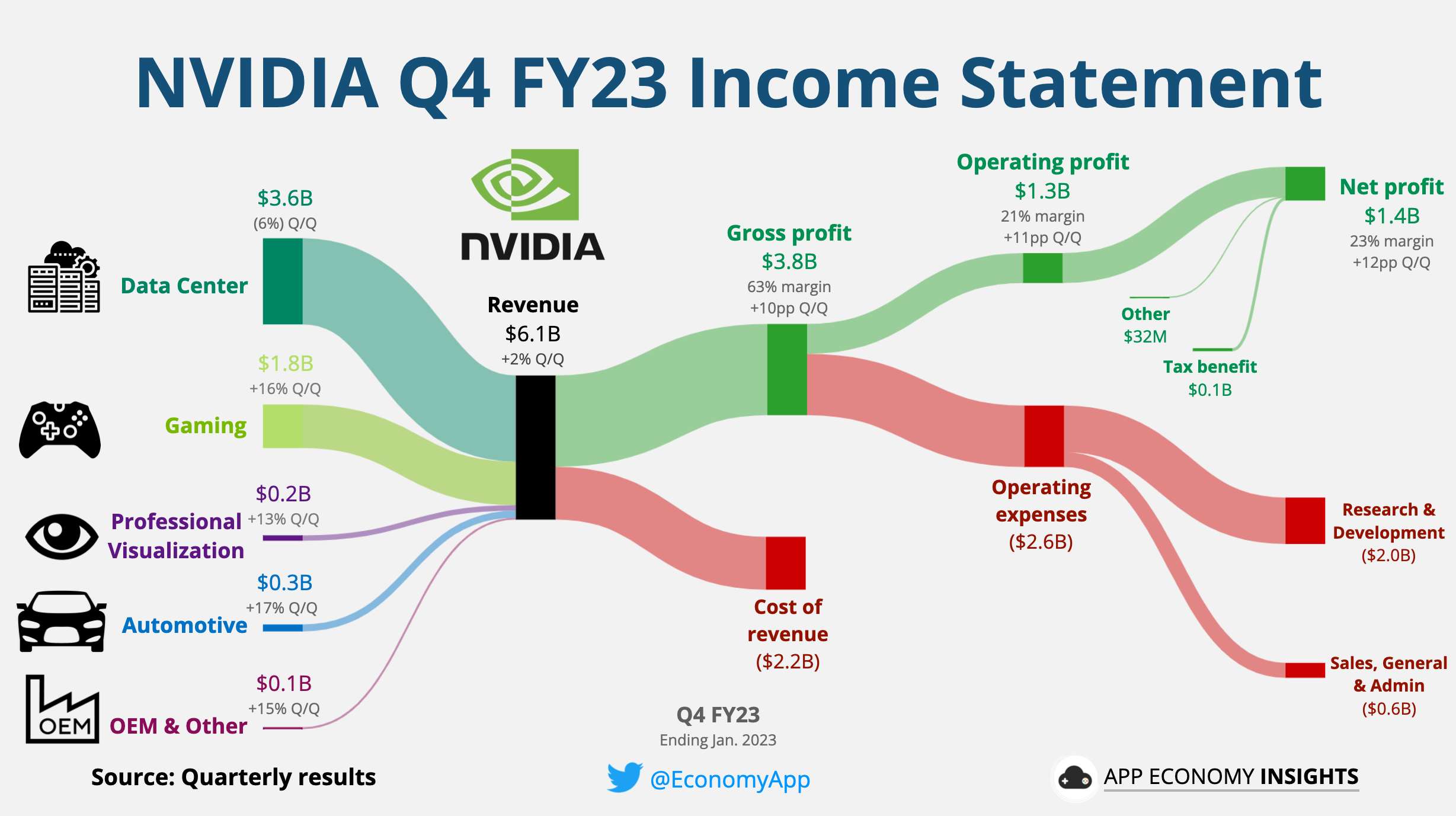Why it matters: The CHIPS Act was designed to boost American chip manufacturing, while export rules were imposed on Chinese companies to prevent them from catching up with the rest of the global industry. At the same time, American companies like Nvidia are worried that shutting down access to China has the potential to damage the very industry that regulators are trying to protect.
Earlier this week, the Chinese government banned the use of Micron chips on critical infrastructure. The move is widely seen as a retaliation against US sanctions affecting many Chinese chipmakers looking to upgrade their lithography equipment. After all, Beijing regularly complains about semiconductor export curbs that restrict its ability to keep its local chip industry running.
China's chipmaking ambitions are also hampered by CHIPS Act requirements, and we've written at length about their impact on the global supply chain. A side effect of those rules is that American companies which are still operating in China now have to deal with an additional layer of uncertainty as well as the possibility of losing out on government subsidies.
Nvidia CEO Jensen Huang told the Financial Times during an interview that he believes the tech industry faces a serious risk from the escalating trade war between China and the US. Huang explained that US sanctions against Chinese chipmakers have dealt an indirect blow to American counterparts, leaving them with "our hands tied behind our back" and limiting their ability to sell chips to Chinese customers.
Of course, the Nvidia executive is referring to the fact that China is a big market that can't simply be ignored, regardless of geopolitical tensions. Just like in the US, there is a large appetite in the region for things like GPUs and AI accelerators, so companies like Nvidia, AMD, and Intel stand to lose billions in revenue if they aren't allowed to sell their high-end products to Chinese enterprises.
Huang called on US lawmakers to be more "thoughtful" about escalating the trade war with China as it also has the potential to harm the ambitions behind the CHIPS Act. The idea is to build more chip fabs on American soil for supply chain resilience, but if demand drops as a result of trade restrictions, the US could end up with more capacity than it needs.
South Korean chipmakers like Samsung and SK Hynix share the same concerns, and they're also calling on US lawmakers to review criteria for chip subsidies. The two companies believe the CHIPS Act provisions impose harsh restrictions on building new facilities in countries like China, and they're asking for the limits to be raised from five percent of total capacity to 10 percent for applicants to CHIPS Act subsidies.
In related news, Mike Gallagher – chairman of the US House of Representatives committee on China – called on the Commerce Department to respond to the Micron ban by adding ChangXin Memory Technologies (CXMT) to the Entity List. He believes "the US must make clear to the PRC that it will not tolerate economic coercion against its companies or its allies."

